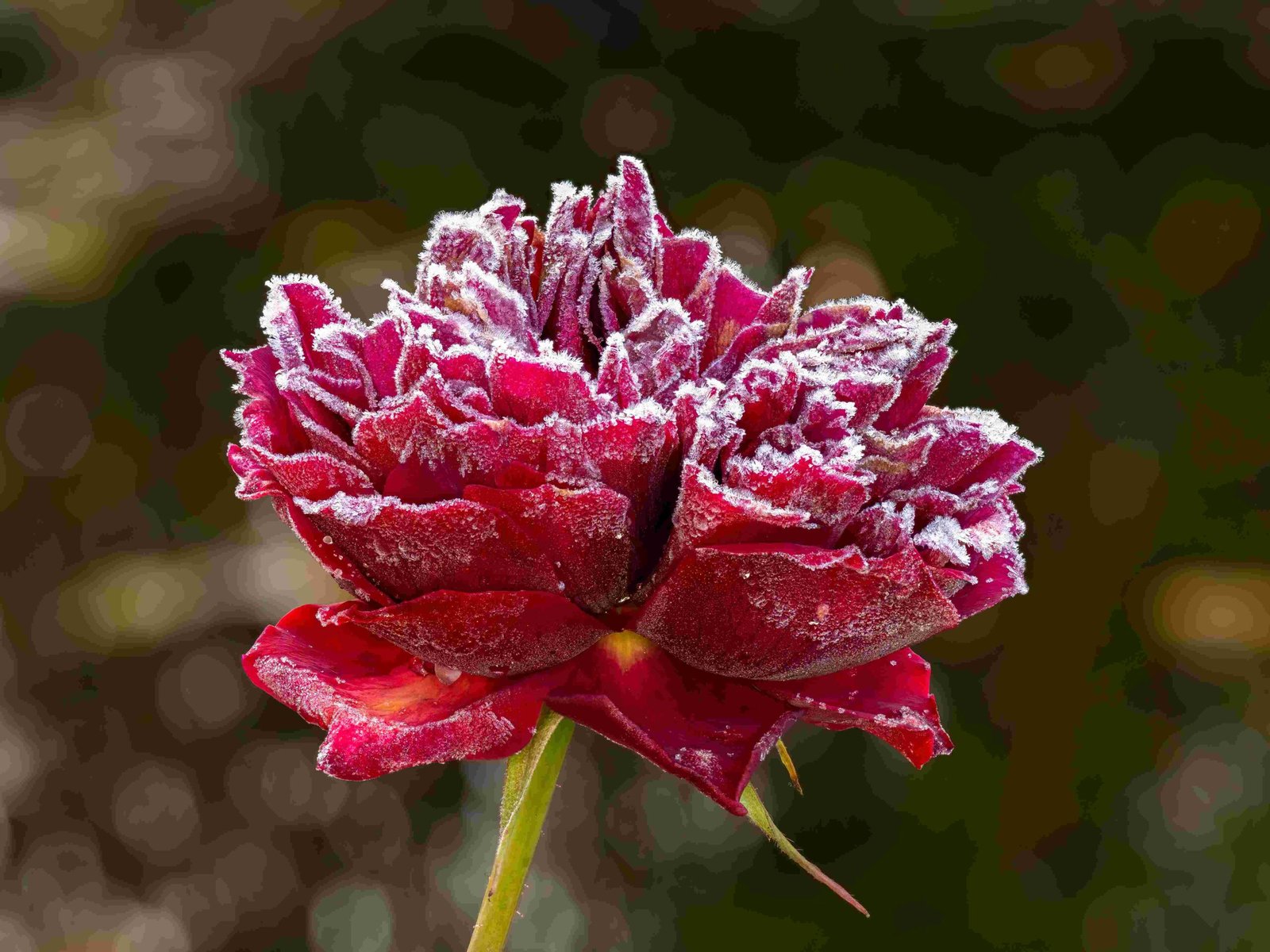Can All-Purpose Fertilizers Be Used on Roses?

Yes, all-purpose fertilizers can be used on roses, but it’s crucial to ensure they provide the necessary nutrients for optimal rose health and growth.
What to Look for in All-Purpose Fertilizers for Roses

Nutrient Composition of All-Purpose Fertilizers for Roses
N-P-K Ratios
All-purpose fertilizers typically have an N-P-K ratio, which stands for Nitrogen (N), Phosphorus (P), and Potassium (K). For roses, a balanced fertilizer with a ratio close to 10-10-10 or 15-10-10 is often recommended. This balance supports healthy leaf growth (Nitrogen), root development and flower production (Phosphorus), and overall plant health and stress resistance (Potassium).
Micronutrient Content
In addition to the macronutrients, roses also benefit from micronutrients such as Calcium (Ca), Magnesium (Mg), Sulfur (S), Boron (B), Copper (Cu), Iron (Fe), Manganese (Mn), and Zinc (Zn). Ensure the all-purpose fertilizer includes these micronutrients for optimal rose health.
Specific Formulations
For roses, it is advisable to use a fertilizer that is specifically formulated for roses or at least includes the necessary micronutrients. Formulations like Rose Tone, fish emulsion, and compost can be beneficial, but an all-purpose fertilizer with the right N-P-K ratio and micronutrients can also work well.
How to Apply All-Purpose Fertilizer to Roses
Frequency and Seasonal Considerations
- Start fertilizing in early to mid-spring when new leaves emerge. Use a high-nitrogen fertilizer or a balanced all-purpose fertilizer for the first application.
- Continue to fertilize every 2 to 4 weeks during the growing season.
- In late summer to early fall, switch to a slow-release fertilizer with low nitrogen content to promote root growth and next year’s blooms.
- Stop fertilizing 6 to 8 weeks before the first frost date to prevent new growth that may not harden off before winter.
Specific Measurements
- For liquid fertilizers, follow the instructions on the label, typically applying 1-2 cups of diluted fertilizer per rose bush every 4-6 weeks.
- For granular fertilizers, avoid using them during the first growing season to prevent burning the roots. For established roses, apply according to the label instructions, usually around 1-2 pounds per 100 square feet.
Potential Challenges with All-Purpose Fertilizers for Roses
Risks of Over-Fertilization
Over-fertilization can lead to excessive foliage growth with fewer blooms (too much nitrogen), weak root development (too little phosphorus), or weak stems and poorly developed buds (too little potassium). It can also cause environmental issues such as soil degradation and water pollution.
Signs of Nutrient Deficiency or Excess
- Nitrogen Deficiency: Yellow leaves, stunted growth, and smaller blooms.
- Nitrogen Excess: Lush foliage with few or no blooms.
- Phosphorus Deficiency: Dull foliage, dropped leaves, weak flower stems, and buds that won’t open.
- Potassium Deficiency: Weak stems, poorly developed buds, and yellow-edged leaves that turn brown.
Compatibility with Organic Gardening Practices
All-purpose fertilizers, especially inorganic ones, may not be ideal for organic gardening as they do not improve soil condition and can have negative environmental impacts. Organic fertilizers like compost, manure, and alfalfa tea are preferred for their environmental benefits and ability to support beneficial microbes in the soil.
Alternative Fertilizers and Amendments for Roses
Organic Fertilizers
- Compost and Compost Tea: Rich in micronutrients and beneficial microbes, these improve soil health and structure.
- Alfalfa Meal or Tea: Promotes healthy leaf and root growth, and can be used as a natural alternative to synthetic fertilizers.
- Fish Emulsion and Worm Castings: Provide a balanced mix of nutrients and are gentle on the soil and environment.
- Rose-Specific Organic Fertilizers: Products like Dr. Earth Rose & Flower Fertilizer, Espoma Rose-Tone, and Jobe’s Organics Rose & Flower Fertilizer Spikes are formulated specifically for roses and include essential trace minerals and beneficial microbes.
Effectiveness, Cost, and Application Methods
- Effectiveness: Organic fertilizers may be less concentrated but provide long-term benefits to soil health and plant nutrition. Inorganic fertilizers are more immediate but lack the soil-improving qualities.
- Cost: Organic fertilizers can be more expensive, but their long-term benefits and environmental sustainability make them a worthwhile investment.
- Application Methods: Organic fertilizers often require more frequent application due to their lower nutrient content, while inorganic fertilizers can be applied less frequently but need careful handling to avoid over-fertilization.
